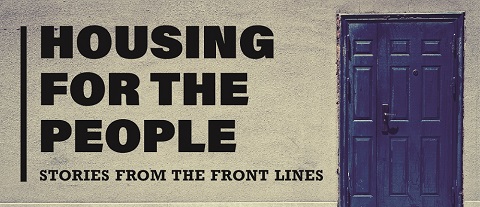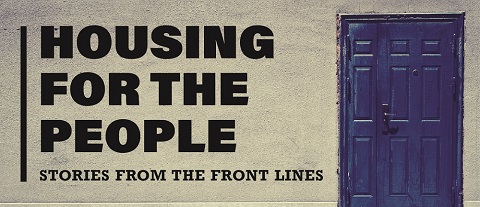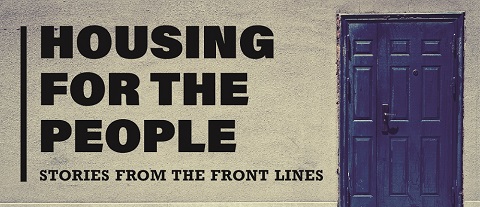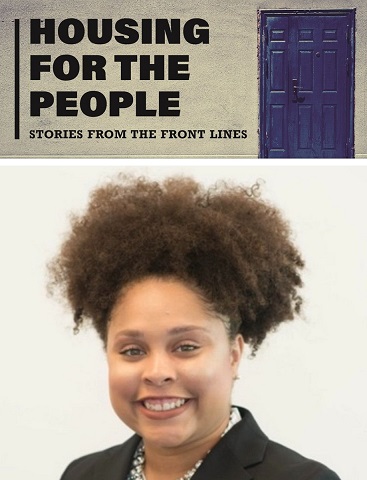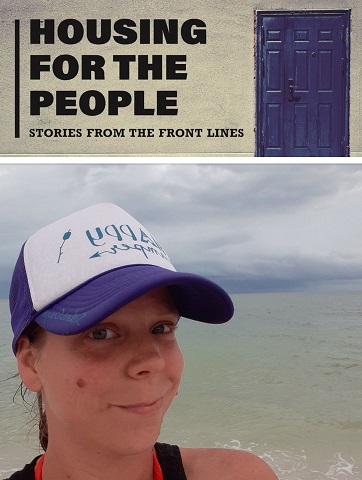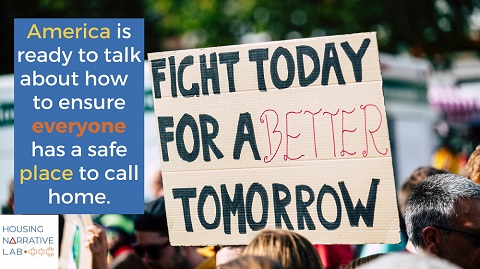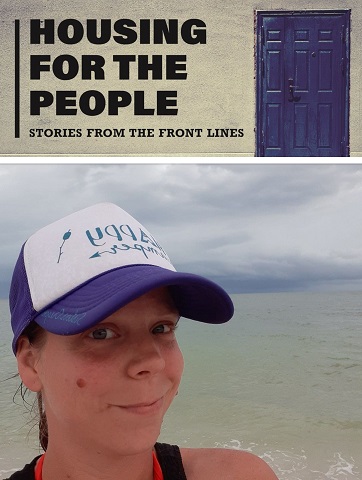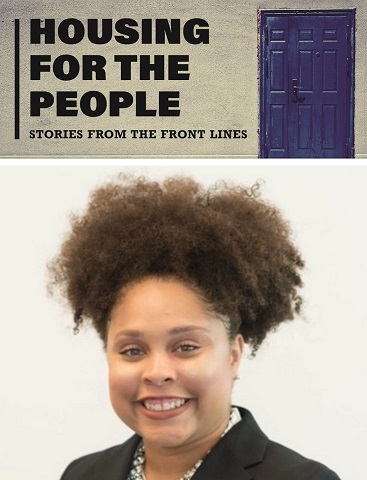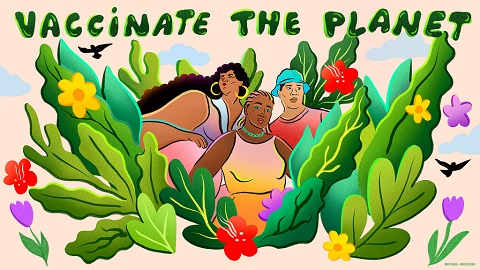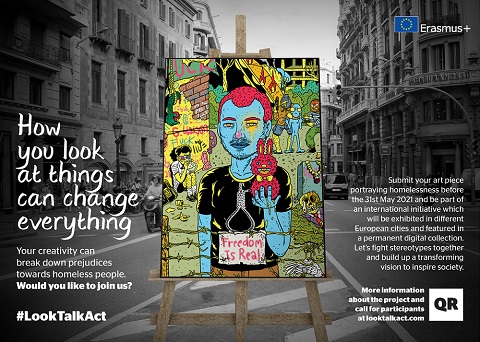With 60 screenings at over 20 global film festivals under its belt, ‘Something You Can Call Home,’ has opened up new dialogues among diverse audiences in the past two years around often unseen homelessness issues. For its director, Rebecca Kenyon, the idea rose from being drawn to people who live in their cars while holding down jobs – unbeknown to their families and friends.

INSP chatted to Rebecca ahead of the film’s latest screening at the One Festival of Homeless Arts in London. Sharing her focus on making people-based, social issue documentaries, the mote of dust films founder talks about exploring life stories of people on the edges of society and the pro-active learnings audiences can walk away with having seen her productions.
How long have you been a filmmaker?
I originally trained and worked for several years as an actor before realising that I wanted to pursue making documentaries, To be honest, I didn’t not know anyone at the time who worked in that area.
A few years ago I started to build up experience in the camera and production departments on various film and stills projects before beginning to make my own documentaries under the name of ‘mote of dust films.’ Shortly after, Phil Parker joined me as associate producer, as well as other collaborators along the way.
What was the inspiration that lead to filmmaker as a vocation?
A background of storytelling and regularly meeting people from all walks of life certainly helped to inform this work, and the transition just made sense and felt very natural. I found I was choosing to watch more and more documentaries, and became passionate about exploring stories with real lives.
I’ve always been interested in observing people, in how we interact and gradually make sense of the world. I strongly feel that films have the power, not only to stir up all kinds of emotion, but to change attitudes and challenge our way of thinking. I love the life-changing amount that I learn each time I make a film and it’s fantastic to be able to share that.

What is the overall mission of your work? Has it evolved over time?
If there’s a common thread so far in the films I make and like to watch, it’s to do with different ways of life, perhaps on the outskirts of society (through choice or not), and along with that aiming to break down misconceptions and open up dialogue around that with both humanity and dignity.
People are fascinating and I don’t think that the core areas I’m interested in have particularly changed, though we never quite know what will be next. What has maybe evolved over time as I’ve learned more on a technical level – partly through the variety of filming and editing I take on outside of my own docs – is developing my style, gradually moving away from more traditional ‘talking heads’ and focusing on three main characters for instance.
Currently, I’m much more interested in experimenting with the idea of vignettes, capturing a moment between people that is compelling and meaningful, whether or not we see them again in the film.
Do you source your ideas from scratch, or do they ‘find you,’ so to speak?
I’d say that it’s a bit of both. Often ideas may be bounced around between Phil and I, or we’ll share stories that we’ve read or heard about, but sometimes things will fall into place or keep coming up in conversation and it makes sense to pursue it at that time.
With ‘Gallopers’ I’d always been intrigued by life on a fairground so when I was introduced to Anna Carter, matriarch of Carters Steam Fair, after a chance conversation with the sister of her partner, Gerry Cottle. Within a week she’d agreed to allow me to film with her family and staff. I’d bought a camera which I could pay off over a year, and started travelling with them on and off. ‘Something You Can Call Home’ came out of the idea of people living in their cars and holding down a job. As with all documentaries, you have to be prepared to throw plans out of the window once you begin to meet contributors so that you can adapt to the reality of what’s happening.
What is your opinion of the funding availability for social issue filmmaking in the UK?
I haven’t personally been fortunate enough as yet to receive a funding grant, though I have had great opportunities and in-kind support, such as with a residency at Cucalorus Film Festival in North Carolina (where I have family and where ‘Something You Can Call Home’ was filmed). There is funding available but it’s pretty competitive and there comes a certain point where we’ve chosen to re-focus time and energy into starting to shoot the project rather than wait for funding to be in place.
The applications are often a good way of honing down what your project is really about and what you hope to explore, so it’s a useful exercise in itself. Self-funding in my case means that I juggle the current project with several other filming/editing jobs to cover living expenses and shoot/travel costs. It usually just about works out but there are definitely sacrifices in choosing to do things this way and get the film made.

Regarding Something You Can Call Home, what are the differences between the way homelessness is perceived and aided in the UK and USA by public and/or authorities?
In both countries, homeless people are often at risk of being regarded, as refugees similarly are, as something ‘other’ or less than human, which is appalling. It seemed to me that the US relies slightly more on faith-based community groups rather than national charities. Both have a social security or benefit system, but neither works without significant problems or cuts.
Both societies have areas where anti-homeless measures are being enforced, be it spikes in potential rough sleeping areas, or making it essentially illegal to be present on the street for any length of time. There’s a lot of work to be done, particularly with the current unrest and instability, but for both countries I would suggest that it’s wise not to rely on government but instead to encourage more community support and pro-activity, and less fear of people who are just trying to survive in what is currently a different set of circumstances.
Current work or future plans?
I’ve just been fortunate enough to travel to Athens for the first time, because I’m part of a collaborative project called ‘Phone Home’ between theatre companies in London, Munich and Athens. It was awarded Creative Europe funding (pre-Brexit) to explore the idea of home and communication between refugee families.
Having met with people at charities such as Freedom From Torture and Fairbeats, this is being workshopped and the performances live streamed and interactive in real time between the three companies. Alongside that, I’ve begun filming and meeting people for a new documentary around end of life ‘doulas.’
This is an emerging role where someone dying is supported emotionally and spiritually, as well as being offered practical support which for instance hospice staff simply may not have time. They can help advocate in appointments, discuss advanced wishes, help facilitate the mending of relationships as far as possible, and be there for whatever else is needed for the dying and their family, as well as opening up the conversation around death, which is something that these days we as a culture tend to avoid. My hope is that if willing to become more open to this, we can then get on with living in more meaningful ways.
Something You Can Call Home was screened last week at the One Festival of Homeless Arts, a two month event co-founded by photographer and friend of INSP, Dave Tovey. For more info on the One Festival, which runs until 30 September in London, see www.facebook.com/OneFestivalNW1
Courtesy of INSP.ngo









